Genetic sleuthing reveals endangered river dolphins in Asia as different species
Scienmag
MARCH 29, 2021
Tissue collection at NOAA Fisheries lab helps reveal genetic distinction Credit: Mansur/WCR Bangladesh New genetic analysis and years of painstaking research has revealed that one of the world’s most endangered marine mammals is actually two species rather than one, as scientists had long assumed.

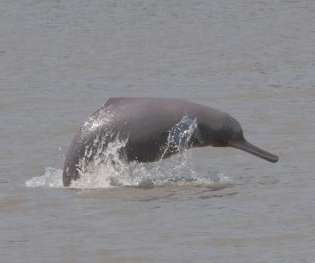

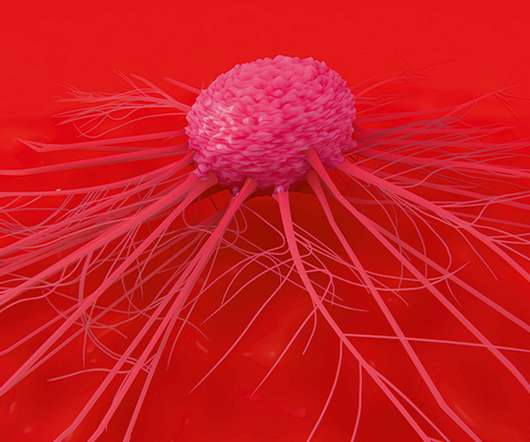
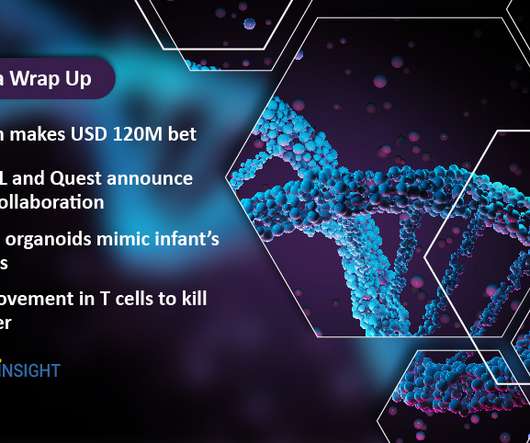
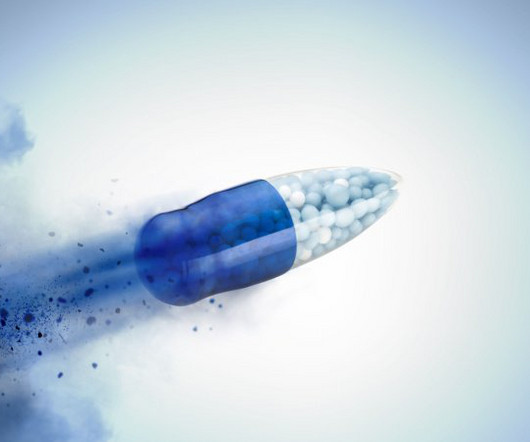
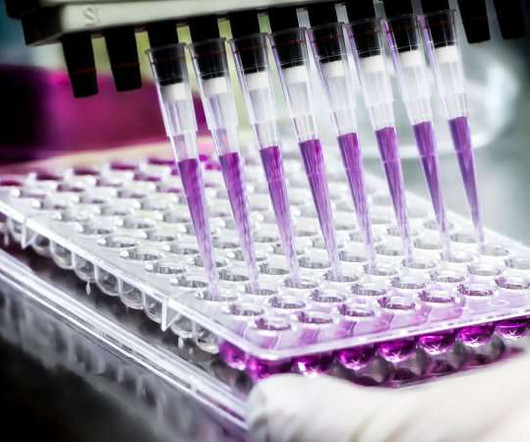










Let's personalize your content